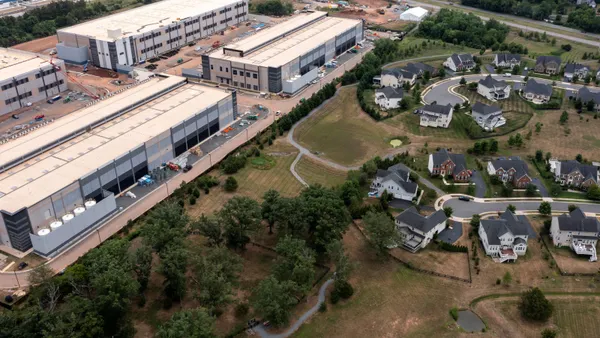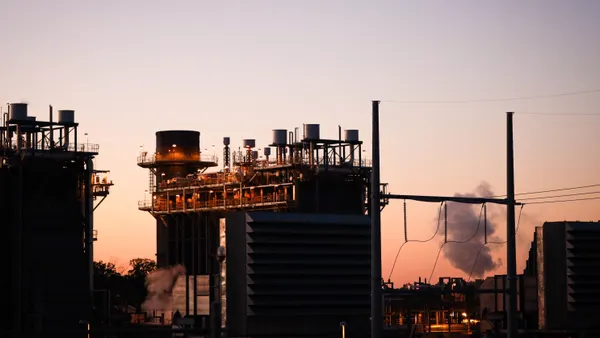Dive Brief:
-
Australian company ZEN Energy has proposed a 50 MW battery project in Port Augusta, South Australia that company leaders say could solve power reliability issues that led to rolling blackouts last month.
-
The company says its storage project would accompany large solar power projects it is planning in Whyalla and Port Pirie, which are on opposite side of South Australia’s Upper Spencer Gulf.
- ZEN Energy says it is still trying to determine the proper energy output of the storage project, which it said could range from 50 MWh to 150 MWh.
Dive Insight:
During a recent heat wave, tens of thousands in South Australia experienced rolling blackouts, causing an uproar among citizens and within the local government, which took issue with the grid operator load shedding practices.
ZEN Energy has taken the event as an opportunity to impress upon local government officials the need to strengthen the state’s renewable energy infrastructure.
With a large battery system in place, company chair Ross Garnuat, told SA government officials the February blackouts "would not have happened," according to ABC.
A 50 MW project with a half hour of stored energy could provide frequency control and ancillary services, he said.
A larger 50 MW, 100 MWh project would provide insulation against surges of peak loads in extreme heat events. And a 50 MW, 150 MWh storage project could provide grid support services that could stabilize frequency and voltage when there is a sudden loss of power.
But, Garnaut said, those projects are hampered by regulatory hurdles. The current regulatory regime, he said, is skewed in favor of fossil generation, and could be improved by providing a competitive market for fast frequency control that batteries provide, as well as ending the half-hourly averaging of energy prices.
He argued that those changes will be needed to enable more energy storage resources to come online to counter the volatility that is likely to occur in the wholesale power market as more coal-fired plants are shuttered and renewables come onto the system.













